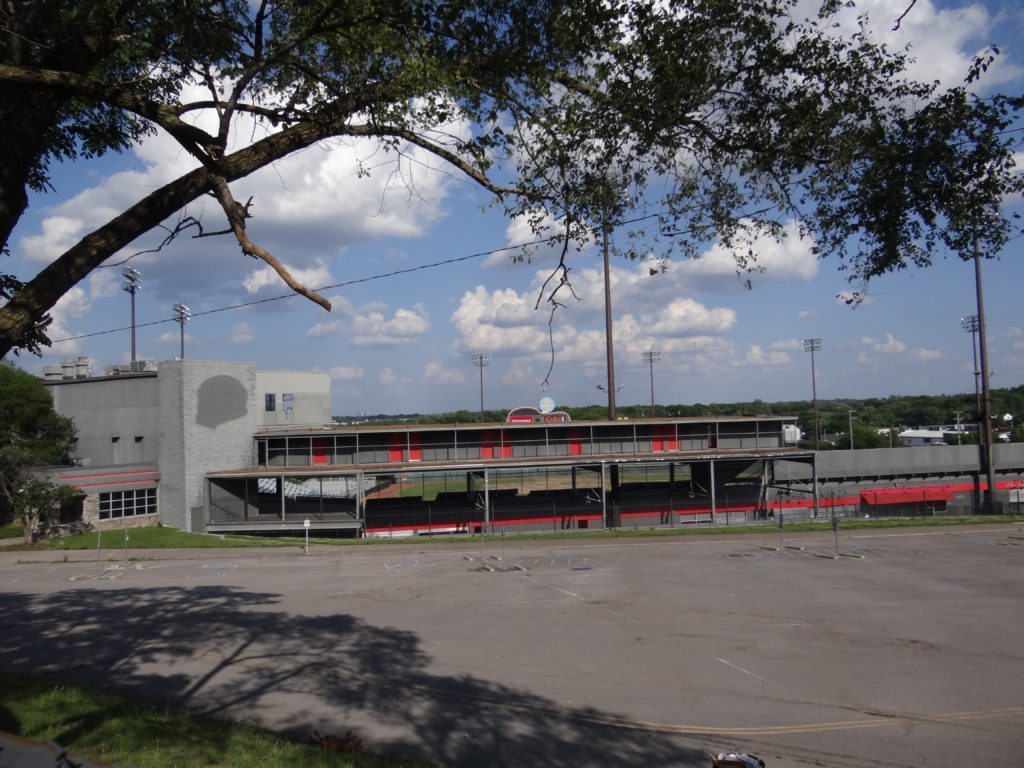After encountering opposition to the plan, a group has withdrawn its proposal to redevelop the site of Greer Stadium, former home of the Nashville Sounds (Class AAA; Pacific Coast League).
Last May, Cloud Hill Partnership–a group that includes music producer T Bone Burnett–was given an intent to contract by the city to redevelop the site of Greer Stadium. As part of its proposal, Cloud Hill Partnership called for the creation of artist and music space on the site, along with plans for housing, parkland, and retail.
Following its selection, the proposal was met with criticism from numerous circles, and an archaeological review found it likely that there are still human remains on portions of the site. On Friday, Cloud Hill Partnership officially withdrew its plan, while Nashville Metro mayor Megan Barry indicated that future plans for the Greer Stadium site will better take into the consideration the memory of those who died during the construction of Fort Negley. More from The Tennessean:
The abrupt retreat was announced in a statement by lead developer Bert Mathews that called the project “more complex than anticipated” and no longer viable to pursue.
It came as the mayor’s office said a final archaeological review of the former minor league baseball stadium found it is “highly likely that human remains are still present” on portions of the city-owned site.
Historical records indicate they could be graves of slaves who built the Civil War-era Fort Negley, which is uphill from the abandoned stadium.
Barry, who had supported Cloud Hill, said the future of the Greer property now needs to better honor those who died building the fort — matching a demand pushed by those who have led the fight against Cloud Hill.
“The likelihood of graves means that we should reassess plans for this site so as to better honor and preserve the history of the men and women who died in the construction of a fort that helped save the Union,” Barry said in a statement timed with Cloud Hill’s announcement.
The Sounds departed Greer Stadium, which originally opened in 1978, for First Tennessee Park after the 2014 season. The ballpark remains standing, but officials have been discussing the possibility of redeveloping the site over the last several years.
RELATED STORIES: Group Selected to Redevelop Greer Stadium Site; Greer Stadium Redevelopment Process Continues; RFQ Issued for Greer Stadium Site; Tennis Courts Could Claim Greer Stadium Site; Former Nashville Jewell in Disrepair

